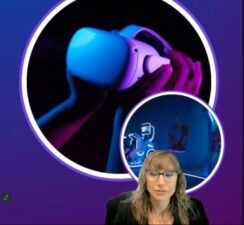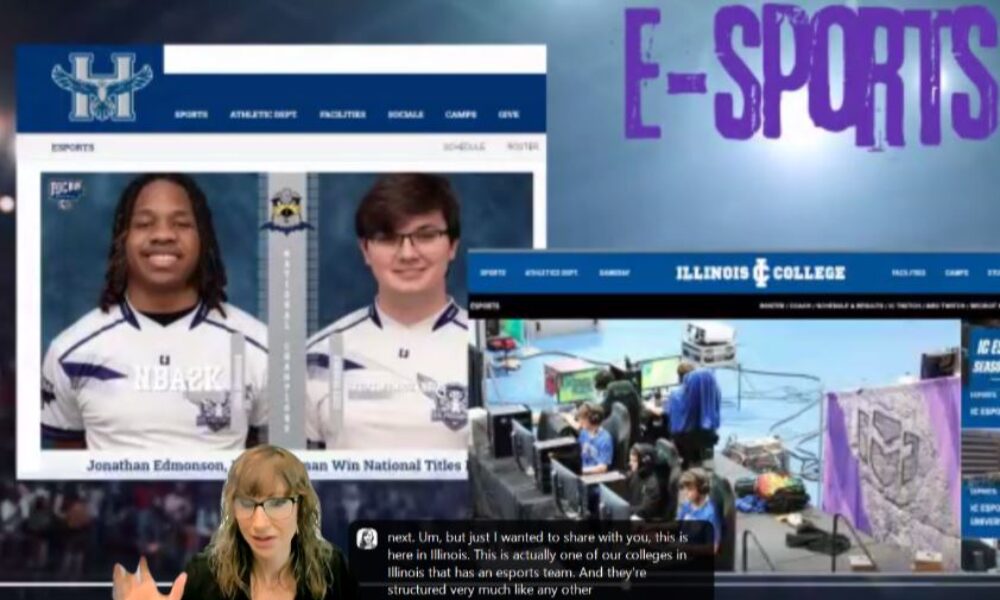During Thursday’s webinar “Level Up: Syncing Youth and Technology to Power Down Underage Gambling,” Elizabeth Thielen, senior director of Nicasa Behavioral Health Services in Lake County, Illinois, noted some of the ways emerging adults (defined as those 16-24) gamble: online sports betting, video and social-media games, and raffles. A webinar attendee pointed out that a Tik Tok trend is to call 1-800-GAMBLER and bet on whether it will be a male or female who answers.
“We’ve got all our traditional forums; those are still happening,” Thielen said. “Young people are still getting access to those. And then we’ve got all the other stuff that you might not even recognize as gambling.”
Hosted by the International Center for Responsible Gaming, Thielen spoke for an hour about reaching out to emerging adults in danger of becoming addicted to gambling. She noted they’re tech savvy, have their own credit or debit cards, and are familiar with different variations of digital currency.
“I have a client who’s a young woman who, unfortunately, is a whiz with all the lending apps,” Thielen said, “and it’s going straight into online gambling.”
Thielen admitted she was formerly a competitive athlete who became a compulsive gambler after she was injured and couldn’t compete athletically.
“Even as somebody who experienced a great deal of gambling harm, I’m not anti-gambling,” she said. “We’re not trying to end gambling. We’re trying to prevent gambling harm.”

Thielen said it’s important to be mindful of vulnerable populations. Gambling counselors need to work smarter, not harder, and part of that is getting emerging adults involved in messaging.
“I’m 51 years old and if I’m going to tell a 17-year-old, hey, maybe you shouldn’t do this right now, maybe you should hold off till you’re older, they don’t want to hear that from me,” Thielen said. “But if I say, hey, a bunch of college students that I’ve been meeting with, this is what they’re saying. This is how they handle it. That’s much more effective.”
Thielen said many young people are looking for help with gambling addictions. She gets up to three calls per day from people asking her to help clients and she doesn’t have the room in her caseload to accommodate them all. Funding structures don’t always fit the scope of the need.
The solution, she said, is to meet emerging adults where they most congregate: online, where many young people seek help from influencers.
“There need to be more voices on social media talking about prevention in these environments,” Thielen said.


